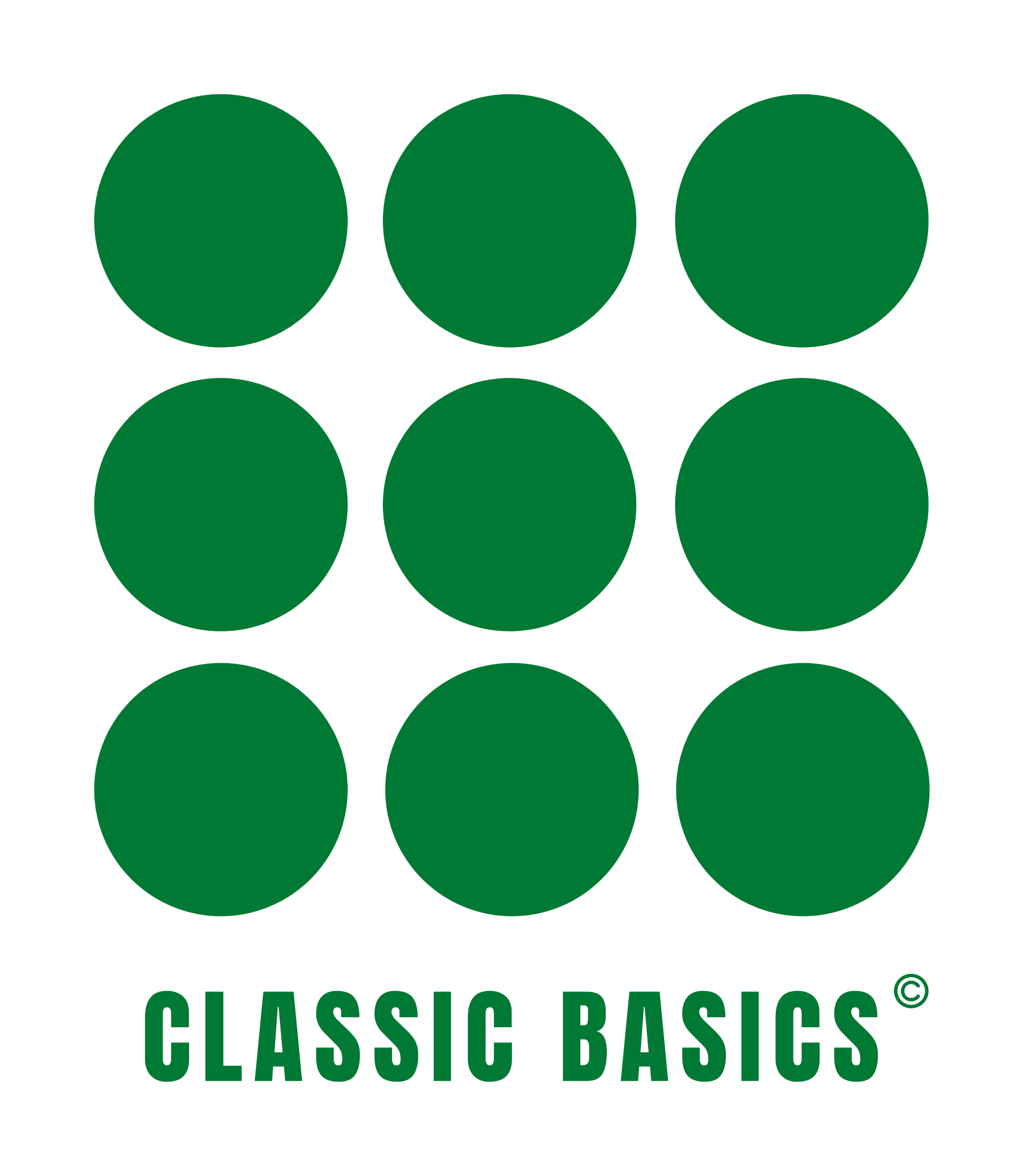Are Pre-Owned Sneakers a Good Investment? Here’s What You Need to Know
In recent years, the sneaker market has evolved beyond mere fashion, transforming into a viable investment avenue. Among the various segments, pre-owned sneakers have garnered significant attention. But are they truly a sound investment? Let’s delve into the factors that influence the value of pre-owned sneakers and how you can navigate this dynamic market.
Understanding the Appeal of Pre-Owned Sneakers
Pre-owned sneakers offer enthusiasts the chance to own rare or limited-edition models that are no longer available at retail. This accessibility, combined with the potential for value appreciation, makes them attractive to both collectors and investors.
Factors Influencing Investment Value
- Brand and Model Popularity
- High-Demand Brands: Brands like Nike and Adidas consistently release models that become cultural icons. For instance, the Nike Air Jordan series and the Adidas Yeezy line have maintained high resale values due to their enduring popularity.
- Classic Models: Certain models, such as the Adidas Samba and New Balance 990, have timeless appeal, ensuring sustained demand in the resale market.
- Condition of the Sneakers
- Mint Condition: Sneakers that are unworn or in ‘deadstock’ condition fetch the highest prices. Even slight wear can decrease value significantly.
- Well-Maintained Used Pairs: Pre-owned sneakers in excellent condition, especially those with original packaging, can still command high resale prices.
- Rarity and Limited Releases
- Limited Editions: Sneakers released in limited quantities often see their value soar over time. The scarcity creates a sense of exclusivity.
- Collaborations: Partnerships between sneaker brands and celebrities or designers result in unique designs that are highly sought after.
- Authenticity Verification
- Avoiding Counterfeits: The market is rife with replicas. Ensuring authenticity through reputable platforms or services is crucial to protect your investment.
Benefits of Investing in Pre-Owned Sneakers
- Affordability: Pre-owned options can be more budget-friendly than new releases, allowing entry into the market at a lower cost.
- Sustainable Choice: Purchasing pre-owned promotes eco-friendly practices by extending the lifecycle of products.
- Access to Rare Finds: The pre-owned market provides opportunities to acquire discontinued or rare models.
Tips for Successful Investment
- Research Thoroughly: Stay informed about market trends, popular models, and upcoming sneaker drops.
- Inspect Before Purchasing: Examine the condition meticulously and request detailed images.
- Preserve Condition: Proper storage and minimal wear can maintain or enhance value.
- Utilize Trusted Platforms: Buy and sell through reputable marketplaces that offer authentication services.
Conclusion
Investing in pre-owned sneakers can be both rewarding and profitable. By understanding the factors that influence value and exercising due diligence, you can navigate the market effectively. Whether you’re drawn by the potential returns or the love for sneaker culture, the pre-owned sneaker market offers a unique investment landscape.

